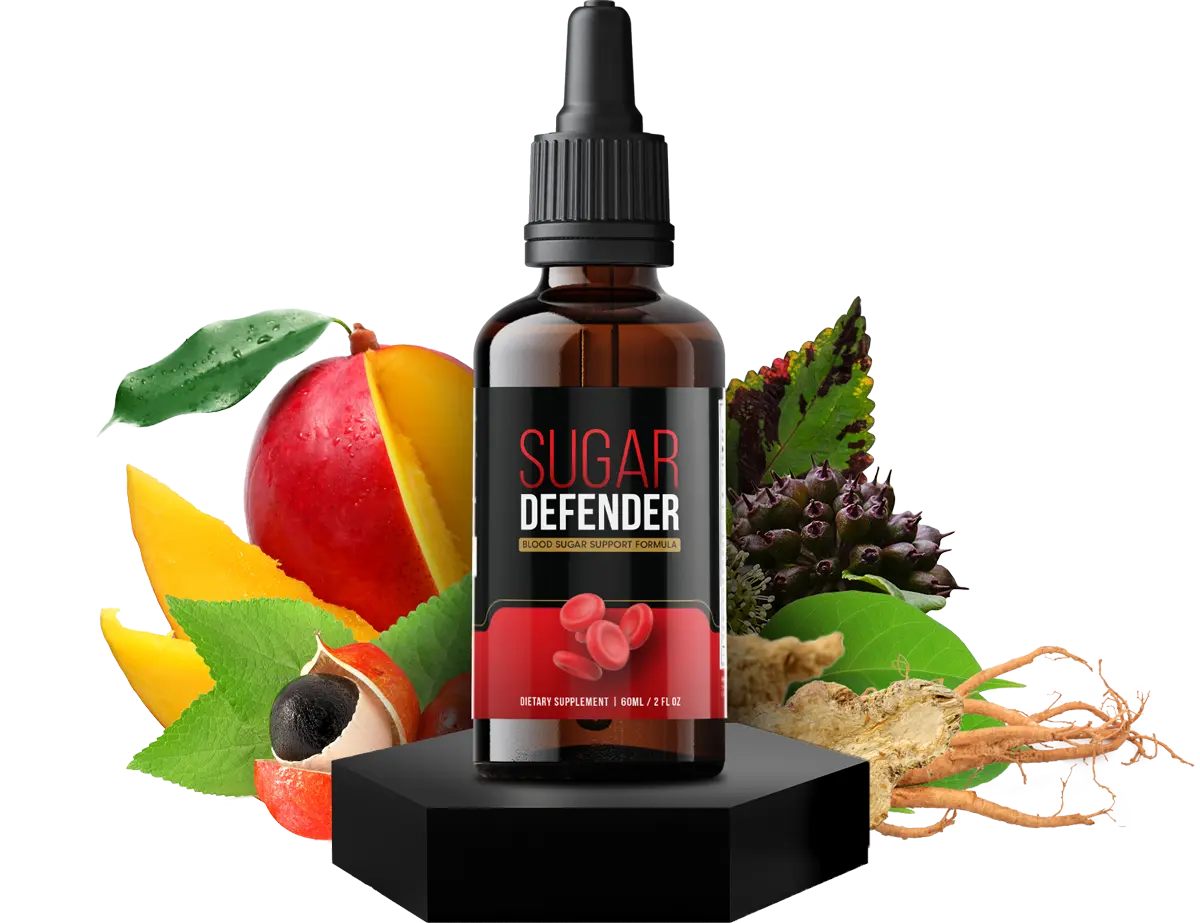
Understanding the Connection Between Diet and Blood Pressure
Diet plays a significant role in managing blood pressure, which in turn can prevent strokes. High blood pressure, or hypertension, is a major risk factor for stroke, a condition that disrupts blood flow to the brain, potentially causing severe complications. Thus, adopting a healthy diet is crucial.
The Role of Nutrition in Managing Blood Pressure
A well-balanced diet can control blood pressure levels. Certain nutrients and food groups can positively influence cardiovascular health. Some foods raise blood pressure, while others help to lower it.
Foods to Include for Better Blood Pressure
To keep blood pressure in check, it is essential to focus on foods rich in certain nutrients:
- **Fruits and Vegetables**: High in potassium, these foods help balance sodium levels in the body, which can lower blood pressure.
- **Whole Grains**: Rich in fiber, whole grains support a healthy cardiovascular system.
- **Lean Proteins**: Sources like fish and poultry provide nutrients without excessive fats.
- **Nuts and Seeds**: These offer healthy fats and nutrients that aid heart health.
- **Low-Fat Dairy**: Such options provide calcium and protein, assisting in heart health.
Foods to Avoid for Blood Pressure Control
Avoid foods that can negatively affect blood pressure:
- **Processed Foods**: These often contain high amounts of sodium, which can elevate blood pressure.
- **Sugary Beverages**: Excessive sugar intake is linked to various cardiovascular issues.
- **Red and Processed Meats**: These can lead to higher cholesterol levels and increased blood pressure.
- **Trans Fats**: Often found in packaged snacks, these fats are harmful to heart health.
Lifestyle Changes for Maximum Impact
Diet alone is not the only factor. Combining it with lifestyle changes can enhance blood pressure management and reduce stroke risks.
Importance of Regular Exercise
Engaging in regular physical activity is beneficial. Exercise helps to strengthen the heart, allowing it to pump blood with less effort. This reduces pressure on the arteries, which can lower blood pressure over time.
Stress Management Techniques
Chronic stress can contribute to high blood pressure. Therefore, adopting stress management techniques can be beneficial. Activities such as yoga, meditation, and any form of relaxation can play a significant part in maintaining good health.
How Effective is a Healthy Diet in Stroke Prevention?
Studies show a direct correlation between diet and stroke risk reduction. By improving diet and lifestyle, you can significantly decrease the risk of a first or recurrent stroke. Therefore, paying attention to what you eat is fundamental.
FAQs on Diet, Blood Pressure, and Stroke
What is the best diet to follow for blood pressure control?
The **DASH (Dietary Approaches to Stop Hypertension)** diet is highly recommended. It emphasizes fruits, vegetables, whole grains, and lean protein.
Can dietary supplements help manage blood pressure?
Some supplements, such as potassium and magnesium, may aid blood pressure control. However, it’s crucial to consult with a healthcare provider before starting any supplement





